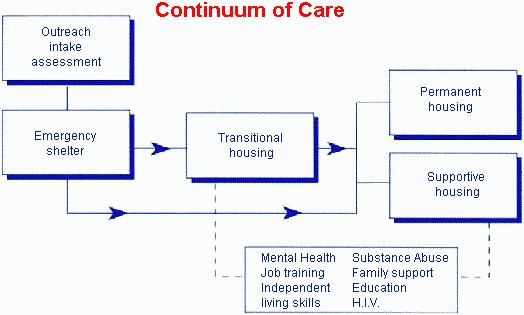1 Peter 1:13-16 NRSV Therefore prepare your minds for action; discipline yourselves; set all your hope on the grace that Jesus Christ will bring you when He is revealed. Like obedient children, do not be conformed to the desires that you formerly had in ignorance. Instead, as He who called you is holy, be holy yourselves in all your conduct; for it is written, “You shall be holy, for I am holy.”
We have dogs. Currently, we have one dog, but often we have more than one. People know that we rescue poodles, and we are often called to see if we will give a poodle a home. In the past two years, the “yard” that our dogs have enjoyed has changed considerably. First, it was the portable yard that we use for our RV. We bought two units and attached them together, so it was about 6×4 feet. Not very big, but for small dogs, large enough to walk around. Last year, when we moved into the trailer, the yard was considerably larger. There was room to run and play a bit, certainly lots of room to nose around and smell (which the dogs loved to do). In this house, the yard is huge in comparison to anything we’ve had previously. It’s a big lot and the back yard goes from edge to edge. It’s possible not to be able to see our little poodle just looking out the back door; the yard is that big.

One thing every yard had in common was some kind of a fence. The fence is both a protection from at least some of the predators getting in (though there are still those, like snakes, that can get in under the fence) and a protection from the dogs getting out of the yard and being at risk of being hit by cars or stolen by thieves.
The fence is a protection.





 Many people still think of rescue missions as places where homeless people find housing, food and spiritual instruction. Yet, those of us who are involved in this field know that unless their deeper spiritual, emotional, physical, and social needs are addressed, homeless people will never attain stability in their lives. Many suffer from mental illness, addiction to alcohol and/or drugs, and various medical problems. Some cannot read, lack high school diplomas, and do not possess basic skills needed to find and keep a job. These and other complex problems keep people on the streets.
Many people still think of rescue missions as places where homeless people find housing, food and spiritual instruction. Yet, those of us who are involved in this field know that unless their deeper spiritual, emotional, physical, and social needs are addressed, homeless people will never attain stability in their lives. Many suffer from mental illness, addiction to alcohol and/or drugs, and various medical problems. Some cannot read, lack high school diplomas, and do not possess basic skills needed to find and keep a job. These and other complex problems keep people on the streets.



